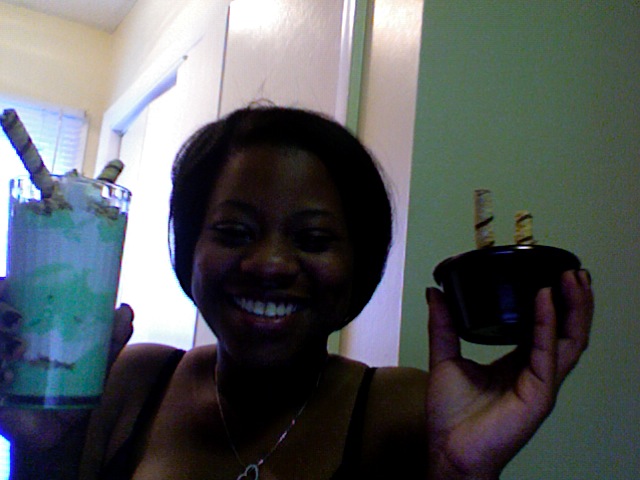Elizabeth Barrett Browning used the use of words to vividly explain a self-portrait of her life in “Aurora Leigh”. The poem was so inspirational and true at the same time. The loss of her mother brought a longing for motherly love. Although she still had her father in the picture the love he gave her could not compare to the love and tenderness from a woman. The beauty in this is that she began to feel this love from nature and from her surrounding. This really stood out to me because the love of a woman is soft. It is delicate and in many ways a woman’s love can be compared to one’s relationship with nature.
Personally I believe that nature has a way of settling someone while still providing a valuable life lesson at the same time. Wither it is just learning to appreciate the simple things in life such as the feeling that you get once you have cleared a patch of fog. This allows you to appreciate what is ahead of you. Unlike a woman the fact is that nature will continue to be there, it is immortal. And the lessons that we learn from nature empower us to strive beyond mortal standards as if we too can imitate nature.
“ The June was in me, with its multitude of nightingales all singing in the dark, and rosebuds reddening where the calyx split. I felt to young, so strong, so full of God” (9-13)
Although Browning sought to explain her life she also uplifted the essence of being a woman at the same time.
“ I alas, a wild bird scarcely fledged, was brought to her cage. And she was here to meet me. Very Kind. Bring out the clean water, give out the fresh seed” (310-312)
Women have always represented life and new beginnings and I find it very fitting that Browning attributed meeting this woman to be a cleansing experience.
Subscribe to:
Post Comments (Atom)

Simone,
ReplyDeleteI am glad you wrote on this poem; I think Aurora Leigh is particularly impressive. Your post offers several interesting comments on how the title character embodies the female experience. I do not agree that the poem is autobiographical, though; there are many and significant differences between the character's and the author's lives. Be sure to proofread your posts, by the way (there are several spelling and syntax issues here).
I assumed the same thing, that the poem and her life were synonimous. I thought that she was talking about her life growing up and about how women are not appreciated for what they do. I also agree with what you say about women representing life, and I agree because after all they bring new life into the world, obviously not by themselves but you know what I mean.
ReplyDeleteI agree with you as well especiall the part in how nature has its way of calming things for you. I find that to be especially true and just experienced first hand when I went to take the GACE this morning I was worried on my way there but there were so many green, vibrant trees and lakes that it just helped calm my nerves.
ReplyDelete